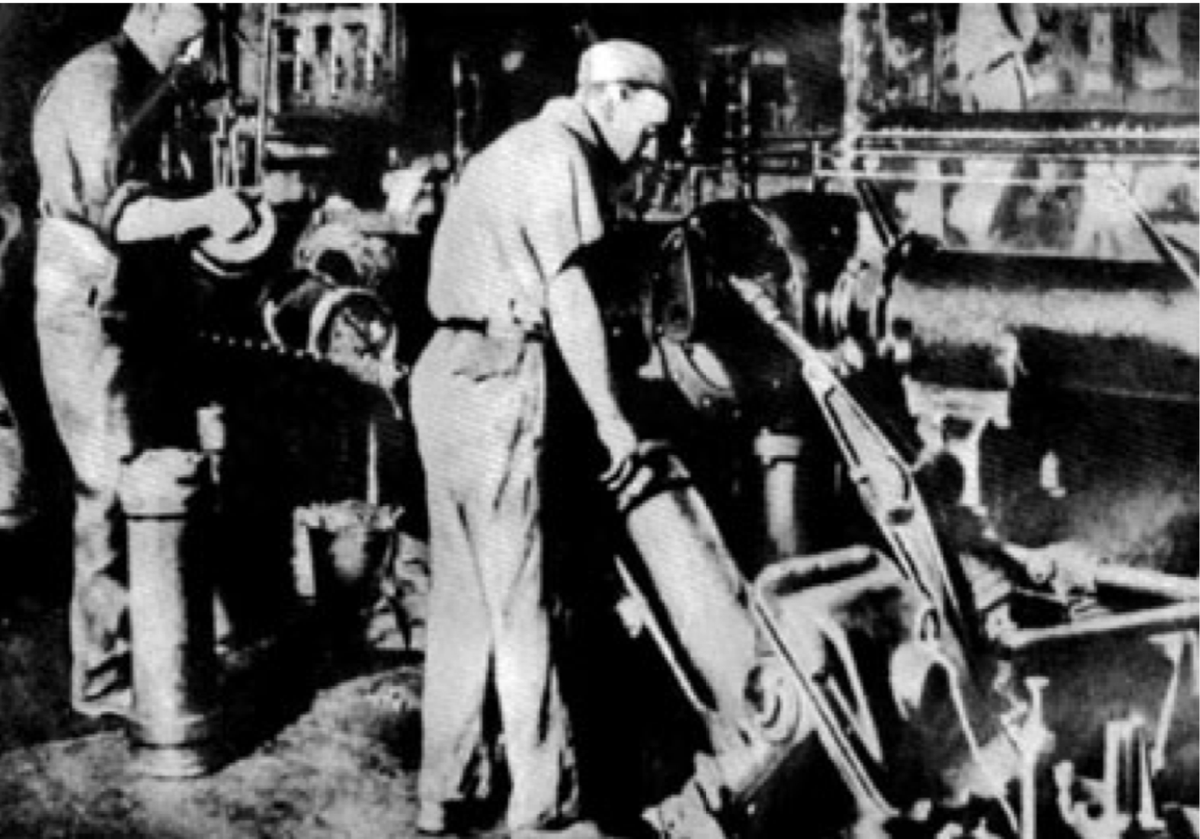
1. Five perspectives on what’s happening right now, as most House Republicans join most GOP attorneys general in asking the Supreme Court to set aside the election.
First, clarity from @GrahamDavidA: This is a direct attack on democracy
theatlantic.com/ideas/archive/…
First, clarity from @GrahamDavidA: This is a direct attack on democracy
theatlantic.com/ideas/archive/…
@GrahamDavidA 2. "Republican officeholders appear more concerned about provoking a backlash from the right if they don’t support Trump than pushback from the center or left if they do,” writes @RonBrownstein
theatlantic.com/politics/archi…
theatlantic.com/politics/archi…
@GrahamDavidA @RonBrownstein 3. "When they say the 2020 election was stolen, Trumpists are expressing their view that …the nation belongs to them and them alone, whether or not they actually comprise a majority,” writes @AdamSerwer:
theatlantic.com/ideas/archive/…
theatlantic.com/ideas/archive/…
4. “The incoherence and incompetence of the attempt do not change its nature, however, nor do those traits allow us to dismiss it or ignore it until it finally fails on account of that incompetence,” writes @zeynep: theatlantic.com/ideas/archive/…
5. "When a group that has traditionally exercised power comes to believe that its eclipse is inevitable, and that the destruction of all it holds dear will follow, it will fight to preserve what it has—whatever the cost,” I wrote last December.
theatlantic.com/magazine/archi…
theatlantic.com/magazine/archi…
• • •
Missing some Tweet in this thread? You can try to
force a refresh




